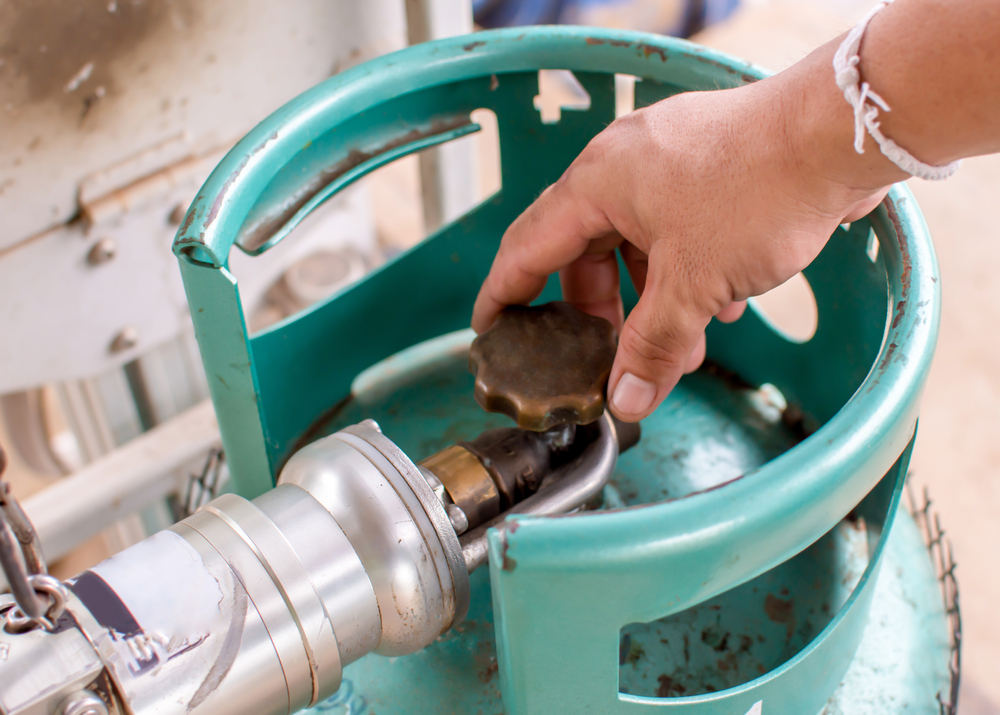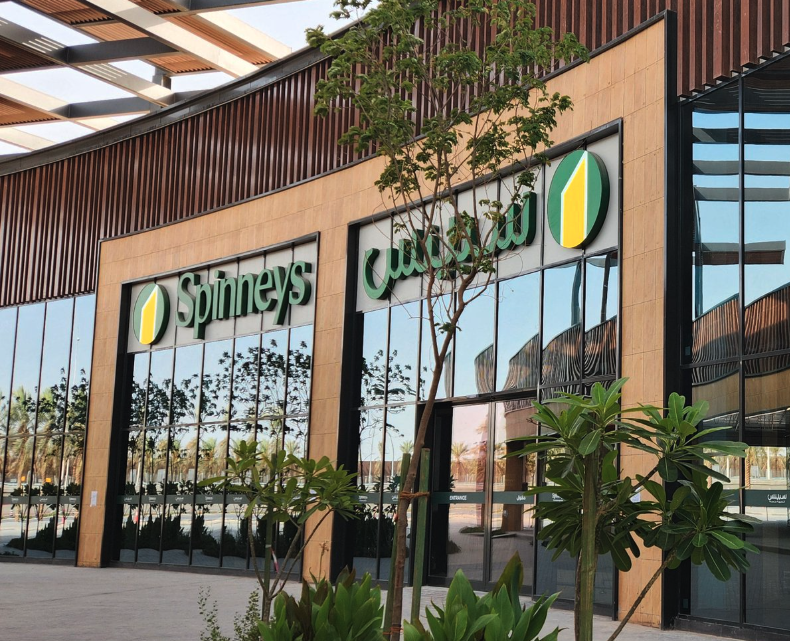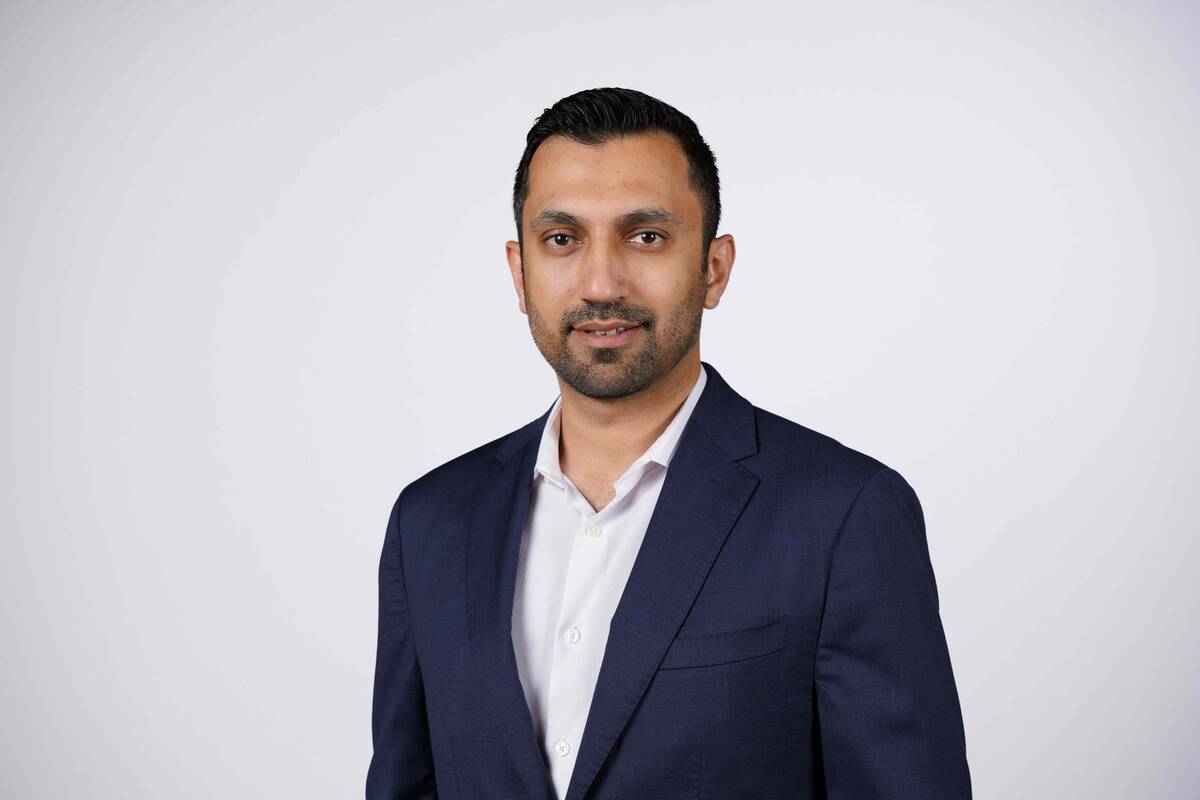RIYADH: Global oil demand growth is expected to slow in the coming years as the world continues its energy transition journey, according to a new analysis.
In its latest report, the International Energy Agency said that the world will witness an oil demand growth of 1 million barrels per day in 2024, a projection that contradicts the forecast of the Organization of the Petroleum Exporting Countries.
On June 11, OPEC said that oil demand globally would rise by 2.25 million bpd in 2024, driven by growth in markets like China, India, the Middle East, and Latin America.
In its analysis, IEA noted that lower oil demand in the coming years will ease market strains and push spare capacity toward levels unseen outside of the COVID-19 crisis.
“As the pandemic rebound loses steam, clean energy transitions advance, and the structure of China’s economy shifts, growth in global oil demand is slowing down and set to reach its peak by 2030. This year, we expect demand to rise by around 1 million barrels per day,” said Fatih Birol, executive director of IEA.
Birol noted that oil companies should prepare to navigate the changes currently occurring in the energy sector.
“This report’s projections, based on the latest data, show a major supply surplus emerging this decade, suggesting that oil companies may want to make sure their business strategies and plans are prepared for the changes taking place,” added Birol.
The report also highlighted that surging sales of electric vehicles and the substitution of oil with renewables or gas in the power sector will significantly curb oil use in road transport and electricity generation.

Consumption of liquefied petroleum gas is set to grow, according to the IEA. Shutterstock
Emerging economies to drive oil demand in coming years
According to the report, global oil demand, which includes biofuels, averaged just over 102 million bpd in 2023 and will level off near 106 million bpd toward the end of this decade.
“Despite the slowdown in growth, global oil demand is still forecast to be 3.2 million bpd higher in 2030 than in 2023 unless stronger policy measures are implemented or changes in behavior take hold,” noted the energy think tank.
The agency said that the increase is set to be driven by emerging economies in Asia — especially higher oil use for transport in India — and greater use of jet fuel and feedstocks from the booming petrochemicals industry, notably in China.
Moreover, consumption of naphtha, liquefied petroleum gas and ethane will climb by 3.7 million bpd between 2023 and 2030, driven by growth in LPG use for clean cooking.
However, oil demand in advanced economies is expected to continue its decades-long decline, falling from close to 46 million bpd in 2023 to less than 43 million bpd by 2030.
“Apart from during the pandemic, the last time oil demand from advanced economies was that low was in 1991,” IEA added.
According to the report, producers outside of the Organization of the Petroleum Exporting Countries and its allies, known as OPEC+, will lead the expansion of global production capacity to meet this anticipated demand primarily in emerging economies, accounting for three-quarters of the expected increase to 2030.
“The US alone is poised to account for 2.1 million bpd of non-OPEC+ gains, while Argentina, Brazil, Canada and Guyana contribute a further 2.7 million bpd. The report’s forecast finds that as the flow of approved projects fizzles out toward the end of this decade, capacity growth slows and then stalls among the leading non-OPEC+ producers,” the report said.
It added: “However if companies continue to approve additional projects already on the drawing board, a further 1.3 million barrels per day of non-OPEC+ capacity could become operational by 2030.”

OPEC is more optimistic about oil demand growth. Shutterstock
An outlook of refining capacity
The report highlighted that global refining capacity is on track to expand by 3.3 million bpd between 2023 and 2030, well below historical trends.
IEA added that this growth should be sufficient to meet the demand for refined oil products during this period, given a concurrent surge in the supply of non-refined fuels such as biofuels and natural gas liquids.
The energy agency further pointed out that refiners will need to progressively modify their product output to meet divergent trends for distillates as gasoline demand falls amid an increase in the market share of electric vehicles while jet fuel consumption rises.
According to IEA, non-refined fuel products are set to capture more than 75 percent of the projected demand growth over the 2023-2030 period.
“This significant rise in non-refinery product supplies will add pressure on operating rates and refinery profitability, especially in mature demand centers. That raises the prospect of further capacity closures by the end of the decade,” said the report.
It added: “Capacity growth will remain concentrated in Asia, most notably in China and India, but post‑2027, there are signs of expansions slowing.”
OPEC confident about oil demand growth
Amid IEA’s projected slowdown in oil demand growth, OPEC is optimistic about the future, and the producers’ alliance believes its forecast is more accurate.
Speaking at the International Economic Forum in St. Petersburg on June 6, Haitham Al-Ghais, secretary-general of OPEC, said that the world will witness continued oil demand growth in the coming years.
“Last year, OPEC’s forecast for oil demand was the best. And all those who criticized OPEC’s forecast kept adjusting their number throughout the year,” said Al-Ghais.
He also made it clear that energy sources of all kinds are necessary for the future, and efforts should be taken to reduce emissions.
“By 2030, we have a statistical projection that 600 million people will move to new cities, as a part of urbanization. This puts everything into context. We need all sources of energy. We should not discriminate any sources of energy. The focus should be on tackling emissions,” said Al-Ghais.



























